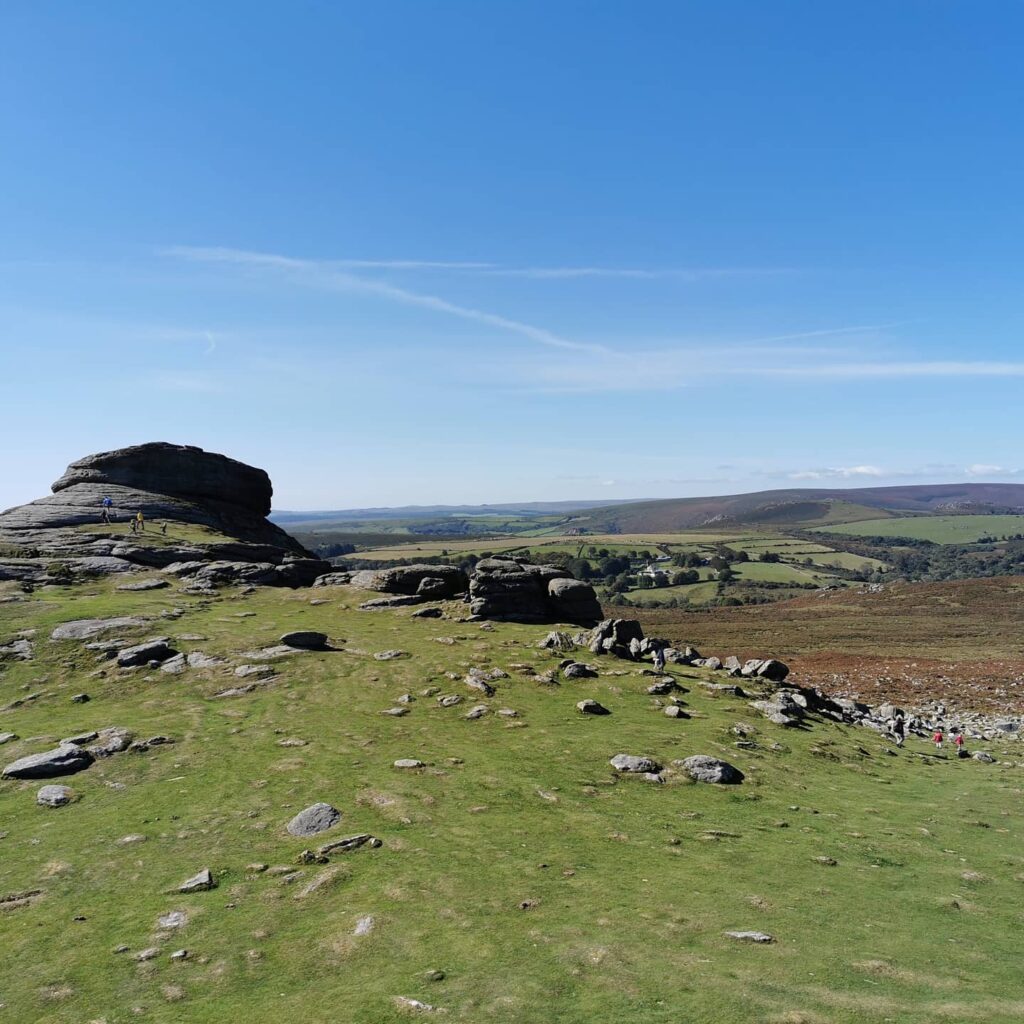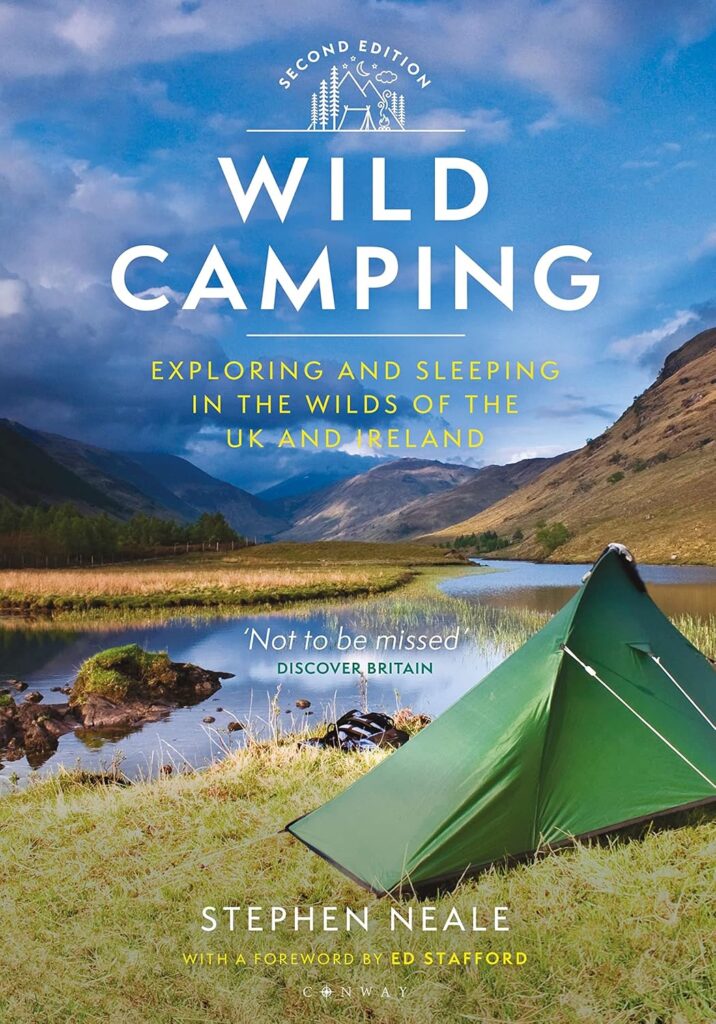What is the Punishment for Wild Camping in the UK?

Introduction: The Call of the Wild
For many outdoor enthusiasts, wild camping feels like an exciting way to reconnect with nature and escape the busy world. It’s a chance to experience the raw beauty of the UK’s countryside, far away from noisy campsites. But, with freedom comes a bit of responsibility—and legality. One question you’re probably asking is: What is the punishment for wild camping in the UK?
While it might seem harmless to pitch a tent in a remote spot for a night, the laws surrounding wild camping are more complex than you’d think. Let’s dive into the rules, potential punishments, and how to make sure you stay on the right side of the law.
I highly recommend this book and found this a invaluable resouce for my Wild camping adventures.
Is Wild Camping Legal in the UK?
Wild camping in the UK falls into something of a legal grey area. It’s not as simple as saying it’s completely illegal or totally fine.
Wild Camping in England & Wales: Not Exactly Welcome
In England and Wales, all land is privately owned, which means that technically, you need permission from the landowner before setting up your tent. If you decide to camp without that permission, you could be trespassing. But don’t panic just yet! It’s important to know that wild camping, in most cases, doesn’t automatically mean you’ll face harsh legal consequences.
However, trespassing in England and Wales is generally considered a civil offense, meaning the landowner has the right to ask you to leave. It’s not a criminal act unless certain conditions are met (more on that later). Usually, responsible campers can quietly slip in and out without causing a stir.
Dartmoor: The Rare exception
There is one major exception to England’s tight restrictions: Dartmoor National Park. This is one of the few places where wild camping is legal, but only in designated areas and with strict guidelines to follow. Recent changes to the law in Dartmoor (following a 2023 court ruling) have reaffirmed your right to wild camp in parts of the park, but there are still limits—backpacking tents only, stay no more than two nights, and no motorhomes allowed

Scotland: A Wild Camper’s Paradise
If you’re really set on wild camping without worrying too much about permissions, Scotland is the place to be. Thanks to the Land Reform (Scotland) Act 2003, you can legally wild camp almost anywhere, provided you follow the Scottish Outdoor Access Code. This means respecting private property and avoiding sensitive areas like farmyards or fields with crops
What is the Punishment for Wild Camping in the UK?
So, what happens if you’re caught wild camping in England or Wales without permission?
Civil Trespass: A Friendly Eviction
In most cases, wild camping without permission in England and Wales will be treated as civil trespass. This means that the landowner can ask you to pack up and leave. Typically, that’s the worst of it. Most landowners won’t involve the police unless you refuse to leave or cause damage. In fact, police involvement is rare unless things escalate, and the camper refuses to comply with a polite request to leave.
Criminal Trespass: Don’t Cause Trouble
Things can get a little more serious if the situation escalates. Trespass becomes a criminal offense under certain circumstances, such as:
- Damaging property (like fences or walls).
- Being abusive to the landowner or their staff.
- Causing disruption with large groups, especially with six or more vehicles
In these rare cases, the police can become involved, and there could be fines or criminal charges. But let’s be honest—most wild campers don’t fit the bill for these kinds of serious offenses. If you’re respectful, pack up, and leave when asked, the worst-case scenario is that you’ll simply be told to move on.
Fines and Imprisonment: The Extreme Cases
Now, let’s say you’re unlucky enough to get caught and taken to court. What’s the maximum punishment? Fines can reach up to £2,500, and in extreme situations, you could even face up to three months in prison, though such harsh punishments are incredibly rare(
). Most often, if wild campers end up in court, it’s because they ignored the request to leave or caused some form of damage to the property.
How to Avoid Getting into Trouble While Wild Camping
The best way to enjoy wild camping and avoid penalties? Follow a few simple guidelines to ensure you’re camping responsibly and staying out of trouble.
1. Be Discreet
Choose a spot that’s out of sight and out of mind. Avoid camping near homes, farms, or in fields with livestock or crops. You’ll be far less likely to encounter a landowner if you’re tucked away in a quiet corner of the countryside.
2. Follow the ‘Leave No Trace’ Ethic
One of the most important principles of wild camping is to leave no trace. This means cleaning up after yourself, taking all your rubbish with you, and leaving the site as you found it. You’re much less likely to face complaints if there’s no sign you were ever there.
3. Camp Late, Leave Early
Arrive late in the evening and pack up early in the morning. The less time you spend visible, the less likely you are to encounter someone who might object to your presence.
4. Be Respectful
If a landowner does approach you and asks you to leave, be polite and comply. Don’t argue or cause a scene—it’s not worth risking fines or legal trouble. Most landowners will simply ask you to move on, and that’s the end of it.
The Scottish Difference: Free to Roam
We’ve mentioned how Scotland’s rules differ, but let’s dig in a bit deeper. In Scotland, the Land Reform Act allows you to wild camp pretty much anywhere, within reason. But this doesn’t mean there are no rules! You still need to follow the Scottish Outdoor Access Code, which emphasizes respect for the environment, other people, and landowners.
A notable exception in Scotland is Loch Lomond, where wild camping has been restricted due to the damage caused by inconsiderate campers. If you’re caught camping in restricted areas here, expect fines up to £500
Exceptions and Special Cases
Dartmoor
As we covered earlier, Dartmoor is the rare gem of England where wild camping is tolerated under certain conditions. Stay in designated areas and keep to the rules, and you won’t have any issues.
Loch Lomond
The restrictions here were introduced because of anti-social behavior, so while most of Scotland is a camper’s paradise, avoid Loch Lomond during the banned season or risk a hefty fine(
The Final Word: Is Wild Camping Worth the Risk?
To answer the question, “What is the punishment for wild camping in the UK?”, it’s usually not too severe. In most cases, responsible campers will only be asked to leave if caught. However, breaking the law—especially in areas with strict rules—can lead to fines, court appearances, or even imprisonment in rare cases.
If you love wild camping but want to avoid trouble, there are ways to enjoy the experience without breaking the law. Seek out designated areas, consider camping in Scotland, and always, always respect the land and the people who live and work there.
Happy Camping
You May also like these articles:

